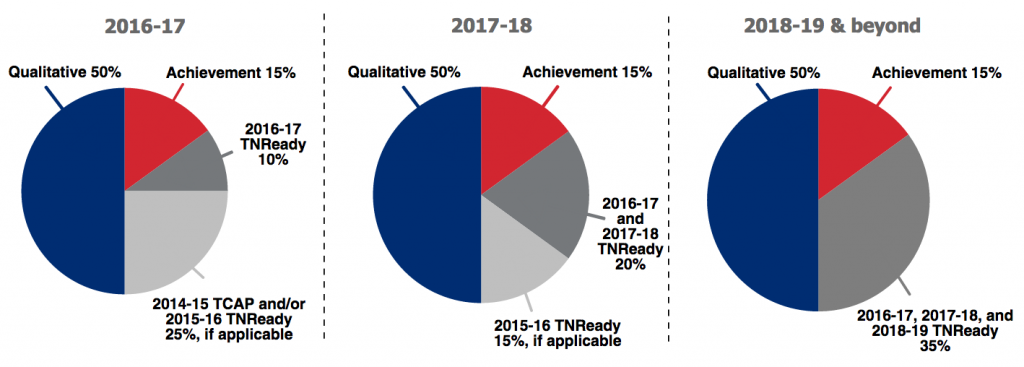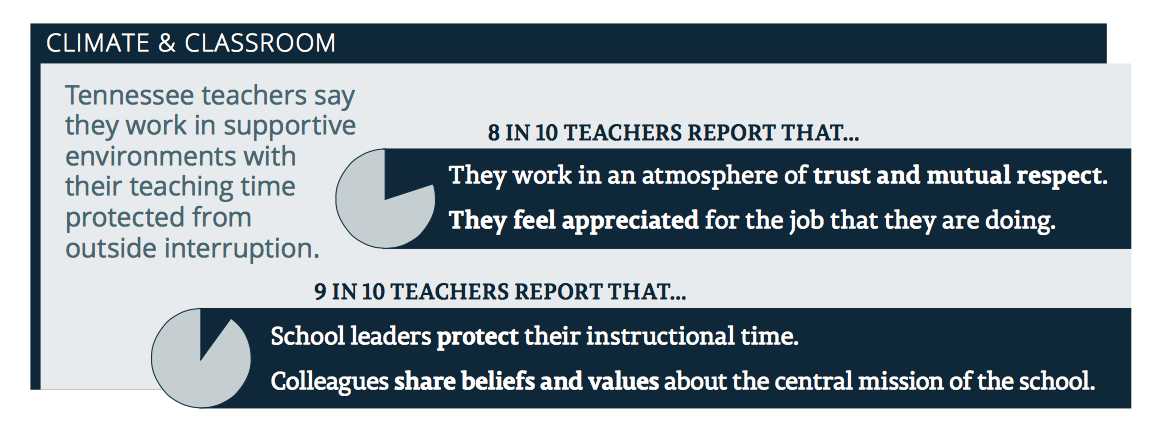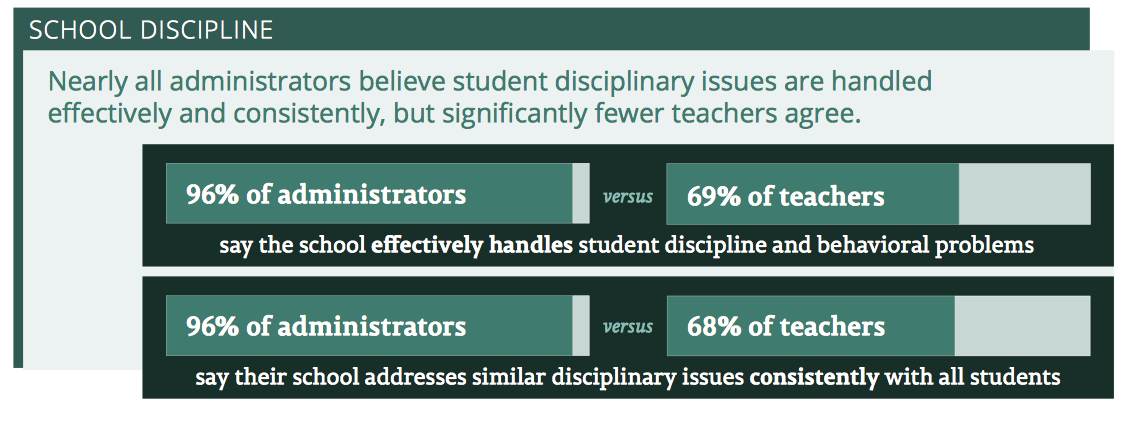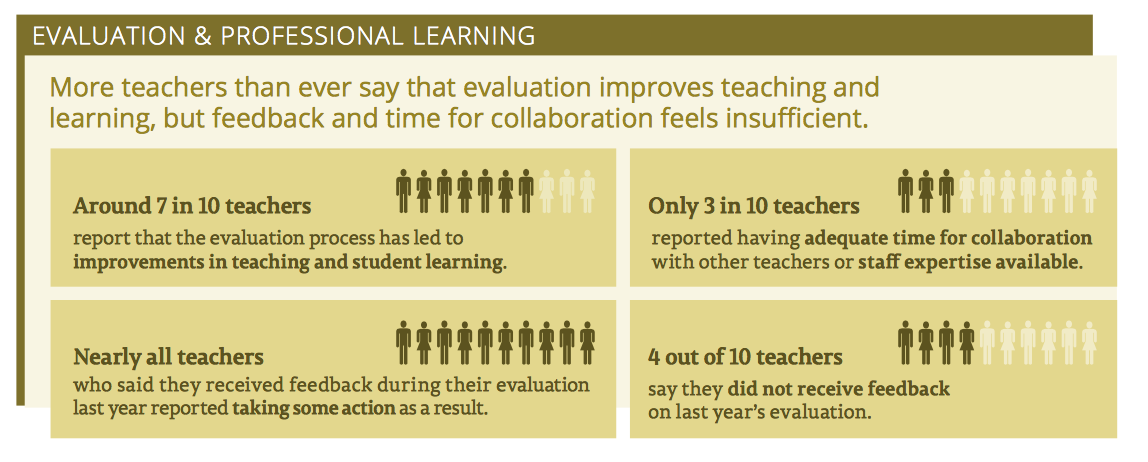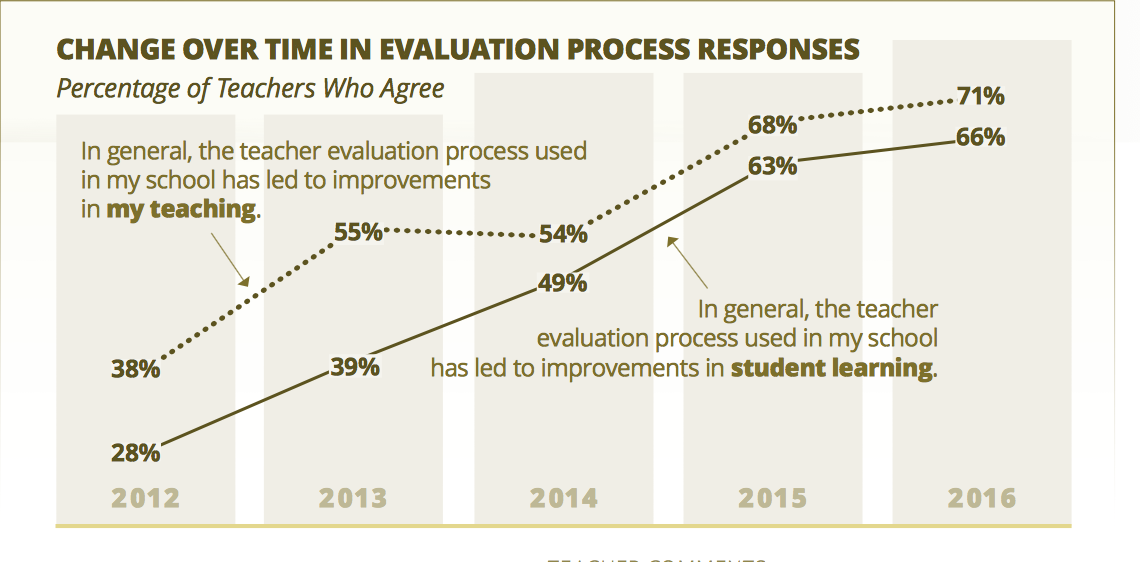Natalie Coleman, Sumner County Teacher and HSG Tennessee Teacher Fellow
originally posted on TNTeacherTalk
Any teacher can tell you that students who miss too much school are at a disadvantage compared to their peers. Regardless of whether absences are a result of illness, personal reasons, or suspensions, missed time in school is detrimental to the individual student’s learning. The Tennessee Department of Education hopes to improve students’ opportunity to learn by reducing absenteeism. In Tennessee’s Every Student Succeeds Act (ESSA) plan, one nonacademic indicator for school and district accountability is the “chronically out of school” metric, which will evaluate progress in reducing the number of students who miss ten percent or more of the school year.
Before finalizing the state’s ESSA plan, the TDOE tasked the Hope Street Group Tennessee Teacher Fellows with collecting feedback from teachers across the state of Tennessee about their experiences with chronic absenteeism and with student discipline. This spring, the Fellows released a report based on the valuable input of over 2,000 teachers who participated in an online survey and nearly 400 who provided their insights in focus groups. The report includes six recommendations that the Fellows presented to Commissioner McQueen and the TDOE and is now available for the benefit of all stakeholders in Tennessee education.
The report details the results of the survey and summarizes the trends of teachers’ comments in focus groups, and a look through the report shows many connections between teachers’ experiences and the recommendations made to the Department of Education.
Recommendation 1 focuses on helping schools and teachers address the problem of students chronically missing school. Based on the survey data, even though 95% of teachers affirmed that chronic absenteeism affects student achievement, many teachers also reported that they have received little or no training in how to reduce student absences. 90% of teachers reported that they had not received training on strategies for reducing chronic absenteeism, and 92% reported that they were unfamiliar or only somewhat familiar with the state’s initiatives in addressing this issue. In response to this feedback, the Fellows recommend, “To ensure that teachers are fully aware of TDOE efforts, CORE offices could build teacher awareness of the draft ESSA plan (2016) through trainings that highlight key plan features that are designed to reduce chronic absenteeism.”
Recommendation 2 seeks to provide schools and teachers with more resources to address this issue. On the Fall 2016 survey, 69% of teachers reported that they believe problems at home are the most significant barrier to student attendance, but only 30% report that they are aware that Family Resource Centers are available to help families and students who struggle with absenteeism. In fact, teachers who chose to write in their own answers about the family support services offered by their schools overwhelmingly responded with none. As a result, the second recommendation says, “To alleviate teacher concerns about this issue, TDOE could build awareness of an increased TDOE focus in 2017 on reducing chronic absenteeism through Family Resource Centers. Additionally, TDOE could remind teachers of the 103 Family Resource Centers in 78 districts and highlight the various needs-based services and training provided to parents and families through these centers.”
Recommendations 3 and 4 focus on student behavior and discipline. In focus groups, teachers shared various obstacles they encounter in implementing effective discipline policies. The third recommendation connects these teacher concerns to resources the TDOE could provide in conjunction with Response to Instruction and Intervention for Behavior (RTI2-B): “Because TDOE focuses on RTI2-B in the draft ESSA plan (2016), TDOE could expand the RTI2-B framework to reach more districts and schools through CORE offices or Tennessee Behavior Supports Project (TBSP), thereby providing additional targeted support in areas highlighted as obstacles by teachers.” The fourth highlights strategies for improving student behavior that are both research-based and frequently cited by teachers themselves in their focus group responses: “Through CORE offices or Tennessee Behavior Supports Project (TBSP), TDOE could emphasize how the following teacher suggestions for improving student behavior are research-based and addressed in RTI2-B: promoting positive behavior and prevention efforts and encouraging restorative behavior practices; involving parents in student behavior efforts; nurturing positive student-teacher relationships; and providing appropriate consequences in response to student behavior issues.” This recommendation encourages the TDOE to promote these research-based practices which teachers also know to be effective.
Recommendation 5 addresses the all-too-familiar concern of bullying in school. 14% of teachers report they feel unprepared or very unprepared to handle incidents of bullying in their classrooms, and 20% rate the effectiveness of their schools’ response to bullying as ineffective or very ineffective. These numbers show that many schools and teachers need additional support in addressing the issue of bullying and validate the fifth recommendation: “Because 20 percent of teachers shared that their schools’ response to bullying is ineffective, TDOE could provide resources to CORE offices for dissemination to districts and schools.”
Recommendation 6 highlights previous Hope Street Group findings about RTI2 and urges using prior teacher feedback to inform implementation of RTI2-B, Response to Instruction and Intervention for Behavior, which features in the state’s draft ESSA plan. This recommendation reads: “TDOE could revisit the recommendations provided in the Spring 2016 Hope Street Group Report on RTI2, including those related to scheduling and structuring RTI2; promoting whole school support and reducing negative perceptions of RTI2 effectiveness; and providing funding for additional RTI2 resources (e.g., professional development) and staffing.” This previous report, detailing teacher feedback regarding RTI2, is also available on the Hope Street Group website.
To learn more, visit the Hope Street Group Tennessee Teacher Fellows website and download the full 2016-17 report. You can also stay connected by liking and following the Tennessee Teacher Fellows’ Facebook page, Tennessee Teacher Voice.
For more on education politics and policy in Tennessee, follow @TNEdReport
